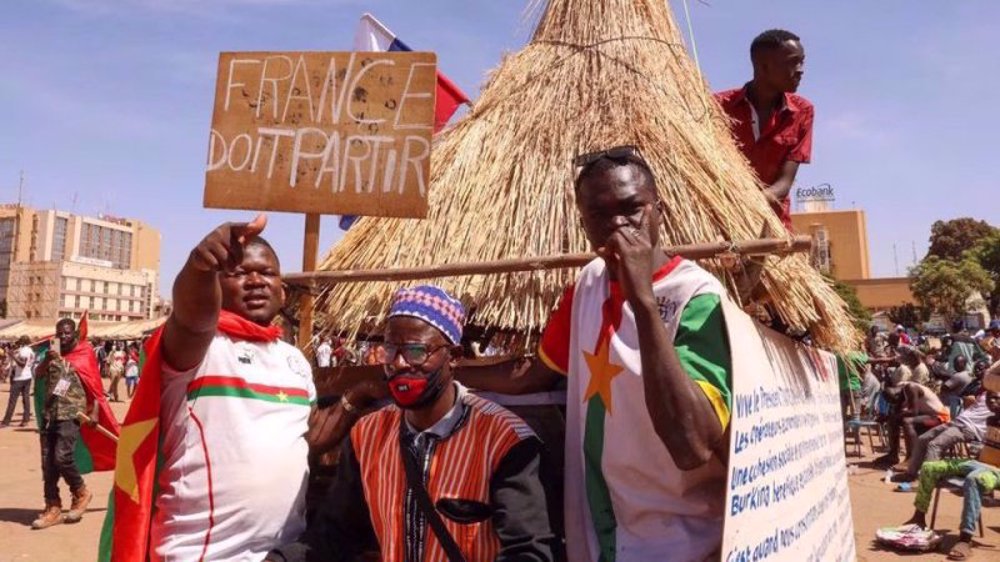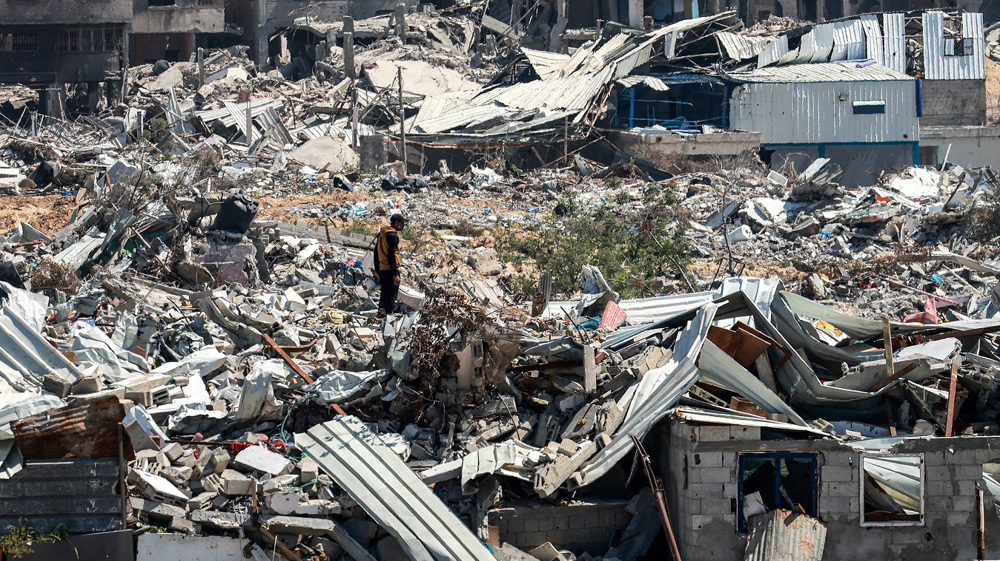Leaders of Ethiopia, Eritrea sign peace accord amid warming relations
Leaders of Ethiopia and Eritrea have signed a peace agreement amid warming relations between the two formerly warring African neighbors.
Ethiopian Prime Minister Abiy Ahmed and Eritrean President Isaias Afwerki signed the peace agreement on Sunday in Jeddah, Saudi Arabia.
Terms of the agreement were not immediately clear. Ethiopia’s Foreign Ministry described it as a “seven-point agreement,” while Eritrea offered no details.
Saudi officials did not respond to questions regarding the content of the accord, which had earlier been described as a further endorsement of a historic deal reached between the two countries in July.
Last week, leaders of the two countries reopened border crossing points and celebrated the Ethiopian New Year together on their shared frontier.
The two neighboring countries were in dispute over Ethiopia’s rejection of a United Nations ruling requiring it to cede land to Eritrea along the two countries’ border following the 1998-2000 war.
However, in June 2018, Abiy announced that his country would abide by the 2002 ruling and withdraw its forces. A month later, the two countries inked an agreement on resuming diplomatic and commercial ties, ending almost two decades of animosity.
Eritrea soon reopened its embassy in Addis Ababa and Ethiopia opened its own mission in Asmara last week. The two nations have also resumed airplane flights.
Asmara has agreed to open up its ports to its landlocked neighbor as well, and has announced plans to improve transport routes with Ethiopia by upgrading a road linking the two countries.
The signing ceremony was overseen by Saudi King Salman bin Abdulaziz Al Saud and also attended by Emirati Foreign Minister Sheikh Abdullah bin Zayed Al Nahyan.
Analysts view such mediation efforts by Riyadh and Abu Dhabi as part of their agenda to boost their presence in East Africa amid their brutal military campaign against Yemen, where they have been seeking unsuccessfully to reinstall a Saudi-friendly government.
The UAE has also been building up a military presence in the Eritrean port city of Assab.
Off Eritrea and neighboring Djibouti sits the strategic Bab el-Mandeb Strait, which is under the de facto control of Yemen’s popular Houthi Ansarullah movement, the main target of the deadly Saudi-led war.
Iran, Jordan underline need to stop Israel’s genocidal war on Gaza
Iran’s response to Israel will be ‘immediate, at maximum level’: FM
Gaza: No place for children
Voters begin casting ballots in weeks-long election in India
Venezuela slams US over reimposition of 'criminal' oil sanctions
April 18: ‘Axis of Resistance’ operations against Israeli occupation
Blinken ignoring staff recommendation to cut US aid to Israel: Report
Report: Israeli warplanes bomb positions in southwestern Syria, Iraq











 This makes it easy to access the Press TV website
This makes it easy to access the Press TV website